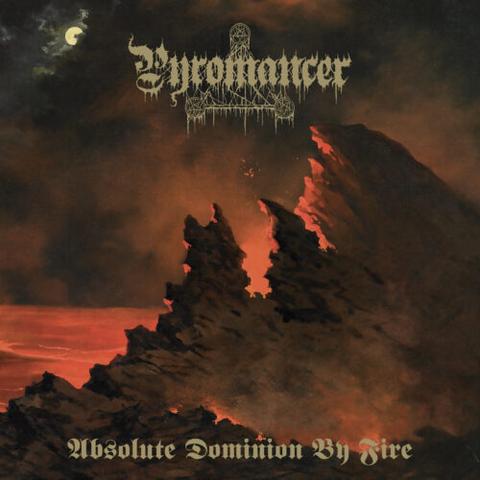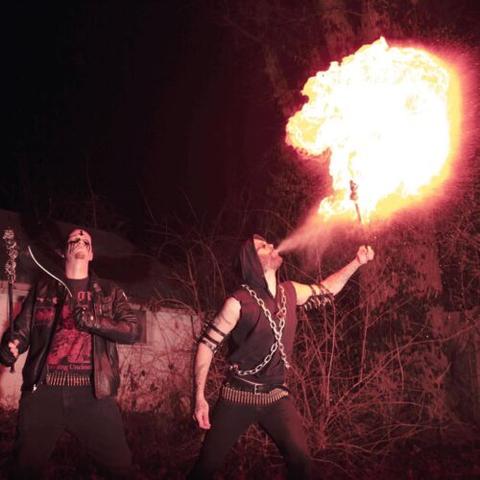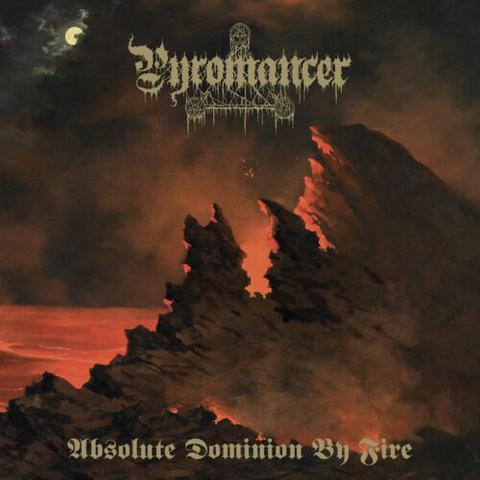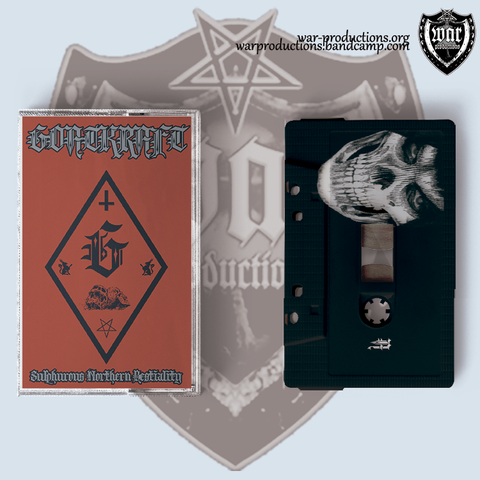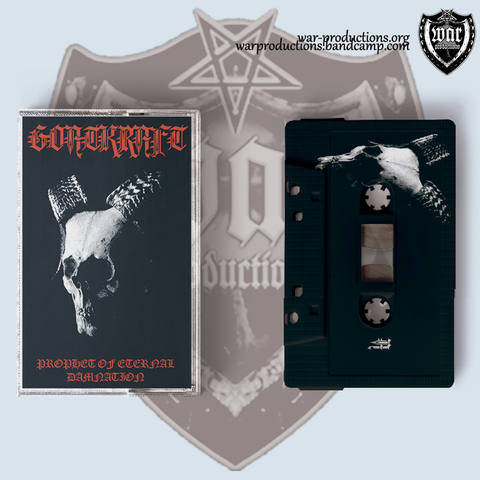The Unity of Blood and Water
Psalm 97:11-12 Light has sprung up for the righteous, and joyful gladness for those who are truehearted. Rejoice in Abba God, you righteous, and give thanks to Abba God’s holy Name.
Introduction
Unity. This is a word that’s thrown around a lot, but we never quite grasp it. We’re definitionally caught between polarized ideas like total and complete acceptance and the bare minimum of tolerance, caught in a torturous, cosmic game of monkey in the middle. The issues here are two-fold, respectively: 1. if unity is about total and complete agreement in all things, then when there is disagreement or friction of some sort, the other person/place/entity becomes “toxic”, and 2. If it’s about the bare minimum of putting up with someone, then this will breed animosity rather than unity because tolerance never demands tangible understanding or the need to change oneself (not to mention that the demand for tolerance often creates a situation by which the victim is yoked to her victimizer, the hated with their enemy). If this is all we have to define unity… well, aren’t we up a creek without a paddle.
Yet, Jesus expects the community of believers, his disciples, to live in unity not only with God and Jesus (by the power of the coming Spirit) but also with each other (here and also by the power of the coming Spirit). And the goal of this unity (real, tangible, material unity) will be the means by which the world (out there) will not only know the disciples are followers of Christ by their love, but that Christ is God’s child, sent into the world to love the world and make it thoroughly human.[1] This level of unity is oneness and is more than niceness and politeness and tolerating or agreeing all the time on all things. It’s something otherworldly; it’s the very heart of our triune God.
John 17:20-26
John writes, Now, not on behalf of these only [here with me right now] I pray, but also on behalf of the ones who believe in me through their word, (v. 20). The subject of this prayer by Jesus is “the unity of the community.”[2] The community is both the community of believers existing immediately in that history and all the ones to come who believe through the proclamation of the gospel from these disciples into the world.[3] We—you and me—are addressed in Jesus’s prayer because it extends through time.[4] What’s really fascinating to me is that we are being directly addressed and are now the ones being immediately prayed for so that future people may hear the word of God in the proclamation of Christ and believe. In other words, we are—right now—the gathered community to whom Jesus is currently speaking and is yoking to an unknown group of Christians who will believe because of our witness (in word and deed and by our unity).[5]
Knowing about whom Jesus is praying, we come to the content of the prayer: the “essential unity” of the community, their “oneness.”[6] John’s Jesus says, … so that all [who believe from here on out] may be one just as you, Abba, are in me and I in you (v.21a). According to John, the oneness Jesus is expecting among the community of believers is of the same essence that is the oneness between God the Creator and God the Reconciler (between Abba God and Jesus the child). By doing theological math, if the Creator and the reconciler are one through the mutuality of Love, then the community, too, will be one through love (ἀγάπη). Concurrently, this love between Jesus and Abba God didn’t remain between Jesus and God but contained in it and extended from it the love of the cosmos, according to John (3:16). Thus, the community—formed and informed by the love of God made known in Christ—will be about and participate in this containing and extending the love of God for the cosmos because Jesus’s love of Abba God was also his love for those whom God loves.[7] This love and mutuality is the foundation of the community’s oneness and unity.
Here we get to the essence of the unity: the mutuality of responsibility and dependence. The community’s mutual responsibility and dependence reflects the mutual responsibility and dependence existing between Jesus and God. Jesus does not do Jesus’s own will but what Jesus sees Abba God do, thus to encounter to Jesus is to encounter God which then verifies that God sent Jesus (Jesus is dependent on God and is responsible for representing God to humanity through his words and deeds). This type of mutuality of dependence and responsibility is to be reflected in the community’s representative role in the world so that their unity—which is of the same essence of God and Jesus’s unity[8]—is manifested in such a way that others are brought into an encounter with God through their witness, which witnesses to Christ in their unity, as John writes, so that also they may be in us so that the cosmos may believe that you, you sent me (v.21b). It is through the community’s mutual dependence on and responsibility for the other (in the community and, we could argue, those outside of the community) that will be the thing that emphasizes the divine origin of Jesus.[9]
In other words, the unity of the community will be based on faith, love, and solidarity and not on things like doctrine, dogma, ritual, and traditionalism. The unity of the community is built on and from the unity of God and Jesus and thus is not something that is built with wood and stone, but through blood and water[10]. The community’s unity is a reality of the reign of God[11] and supersedes, transcends, and challenges the unity that is of the kingdom of humanity built on principals reflecting adherence to a specific ideology and a status quo. The unity of the community that is of the reign of God always and forever moves forward and defies and denies the ability to solidify it in a code or a static algorithm. It can happen again and again and again[12] and in new and different ways that always keeps God and God’s beloved in view. This is why the unity of the community becomes the task of the community, so that it can remain participant in the way Christ is proclaimed into the world[13] and brings others into an encounter with God by the event of faith.[14] As John writes, And the glory which you have given me I, I have given to them, so that they may be one just as we [are] one, I in them and you in me, so that they may be brought to an end as one, so that the cosmos may know that you, you sent me and loved them just as you loved me (vv. 22-23).
Thus, the goal and completion of the community is its unity which is its representation of Christ in the world. The glory that is communicated from Abba God to Jesus (and vice-versa) is the same glory communicated from Jesus to the community (and vice-versa) that finds it’s unity in its Christocentric mutual dependence on and responsibility for the other. Glory is brought to God when the community –united by faith in and founded on the love of Christ—gives the world reasons to glorify God through their word (Christ) and their deeds (unity and love).[15] The unity of the community is a result of Christ’s presence with the community; as Christ is present with the community—united by faith and works and speaks in love and deeds—those outside the community not only see but experience the love of God in Christ via the community.[16] This isn’t a social club or a lunch bunch; these are things of the kingdom of humanity mimicking what the disciples of Christ should be. Rather, this community is built on deep identification with each other, an acknowledgement and celebration of difference, and a solidarity that unites stronger than genetic material; this is an “otherworldly” level of community, a divine yoke transcending all human made lines that divide.[17]
Conclusion
Unity isn’t something we manufacture; it’s something that happens through us when we take another person seriously. Our unity as this church isn’t because we all think the same, act the same, or speak the same. Our unity as this community is built on the invisibility of the unconditional, never stopping, always and forever love of God made known to us in the proclamation of Christ and by the power of the Holy Spirit. Our unity as this community is built on our faith in Christ and our mutual assertion that because of Christ, God is truthful and trustworthy. And it doesn’t stop there. Because of our faith in Christ and our union with God through Christ and by the power of the Holy Spirit, we are caused to see our neighbor as ourselves and to build deep and mutual dependence on and responsibility for our neighbor, especially those sitting here in the pews alongside us. But this faith and love that is the foundation and essence of this community is not to be contained only within the walls of this community because Jesus’s mission—which is now ours by the power of the Spirit in and among us—was to go into the world bringing God’s mission of the divine revolution of love life and liberation to the beloved. Our love for each other, our union and solidarity together, is the foundation of our task in the world; from this unity and oneness, God’s name will be hallowed and God’s will done on earth as in heaven.
[1] Paul Lehmann, Ethics in a Christian Context, “keeping human life human”
[2] Rudolf Bultmann, The Gospel of John: A Commentary, trans. GR Beasley-Murray, Gen Ed, RWN Hoare and JK Riches (Philadelphia: Westminster, 1971) 512. Originally published as, Das Evangelium des Johannes (Göttingen: Vandenhoeck & Ruprecht, 1964, 1966).
[3] Bultmann, John, 512. “And at this point (v. 20) we are told explicitly that Jesus’ intercession does not just relate to the historical situation, in which the Evangelist makes him speak it, but is made for all believers, now and in the future.”
[4] Bultmann, John, 512. “…the prayer for the community’s unity consciously embraces its extension through time.”
[5] Bultmann, John, 512.
[6] Bultmann, John, 512.
[7] Bultmann, John, 513. “The unity of his own is to be of the same kind as that between the Father and Son; i.e., therefore, just as the Son’s being is a being of the Father, and vice-versa, so the being of the individual believers must be a being for each other—in the bond of ἀγάπη…”
[8] Bultmann, John, 513. “Such unity has the Father and Son as its basis. Jesus is the Revealer by reason of this unity of Father and Son; and the oneness of the community is to be based on this fact. That means it is not founded on natural or purely historical data, nor can it be manufactured by organization, institutions or dogma; these can at best only bear witness to eh real unity, as on the other they can also give a false impression of unity.”
[9] Bultmann, John, 513. “And just as the Father is encountered in the Son, because the Son is nothing by himself individually, so within the community no one ought to see, or cherish, or criticize the individual character of his fellow believer, but ought to look on him only as a member of the community. It is not personal sympathies, or common aims that constitute the unity, but the word that is alive in them all and that gives the community its foundation; and each member represents the demand and gift of the word over against his fellow believer, in that he is for him.”
[10] Bultmann, John, 514. “…the community is united, in that it no longer belongs to the world but is totally orientated on the revelation event that takes place in Jesus and is an eschatological phenomenon.”
[11] Bultmann, John, 513-514. “Because the authenticity of the proclamation cannot be controlled by institutions or dogmas, and because the faith that answers the word is invisible, it is also true that the authentic unity of the community is invisible—even if it should testify to itself …in the ἀλλήλους ἀγαπᾶν. It is invisible because it is not a worldly phenomenon at all; this the meaning of the second ἵνα-clause, which picks up the first…”
[12] Bultmann, John, 514. “Christendom is not a dimension withing world-history…Rather, this unity takes place again and again in the proclamation of faith.”
[13] Bultmann, John, 514-515. “Vv.22f provide fresh motivation for the prayer for the unity of the community; once again on the part of the world is stated to be its ultimate goal (v.23b), but in addition to that the unity is described as the purpose and fulfilment of Jesus’ work of revelation.”
[14] Bultmann, John, 514. “If there is such an eschatological community in the cosmos, in history, then there is always the possibility of faith for the world. The community is of course always a cause of irritations for the world, and can inflame its anger…But this means that the possibility of deciding for the Revealer is also always given to it, and this was and always will be the means of overcoming the offence….and that is why the prayer for the community is at the same time an intercession for the world, in which…the community has been set its task.”
[15] Bultmann, John, 516. “In fact one can say: that he has given them his δόξα means that after his departure they are to represent him in the world. It means that the ‘history of Jesus will not become an episode in the past, but will remain continually present in the world as the eschatological event in the eschatological community.”
[16] Bultmann, John, 516. “…that he is present in the community as the Revealer, is to find its crowning glory in the oneness of the community…”
[17] Bultmann, John, 517. “Without doubt…the community’s oneness expresses the fact that it is the eschatological community, in which the world is annulled, and in which the differences of human individuality, that are typical of any human association and in fact help to make it up, are simply excluded. This unity stands for the radical other0worldly orientation of the community, that binds all individual believers and every empirical association of faith into a supra-worldly unity, across and beyond all differences of a natural, human kind.”
#Beloved #ChristianCommunity #Community #CommunityInUnity #DivineLiberation #DivineLife #DivineLove #GatheredCommunity #Jesus #JesusSFarewellPrayer #Liberation #Life #Love #MutualDependenceAndResponsibility #Proclamation #Representation #RudolfBultmann #TheGospelOfJohn #Witness


